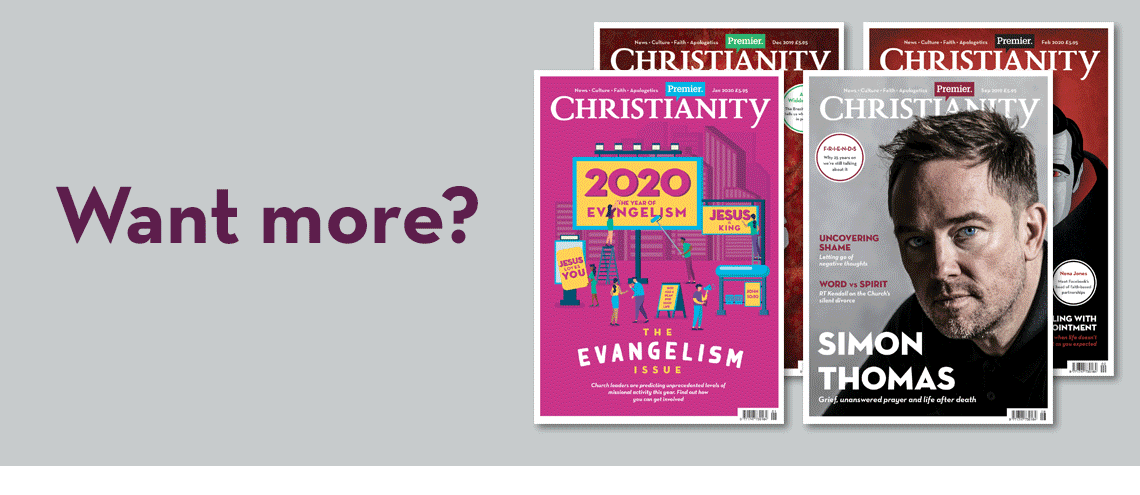
“Addressing one another in psalms and hymns and spiritual songs, singing and making melody to the Lord with your heart” (Ephesians 5:19, ESV) is an oft-quoted verse when it comes to corporate worship. But while many churches are comfortable singing modern songs, it seems that many evangelicals are in danger of neglecting and overlooking the Bible's own songbook: The Psalms.
We should perhaps learn from the Coptic church where it's common for the Psalms to be sung every day! The practice is also common in Catholic churches and Anglican cathedrals. But in many evangelical churches in the UK, the Psalms are entirely overlooked. Where they are sung, they're often coupled with hymns. This suggests that the book of Psalms should be held with equal value to the published hymns of the 1800s, not to mention present and popular contemporary worship singles. But wasn't King David gifted with being inspired directly from God as to what to include in his songs?
For many Christians, the Psalms have become just a form of poetry. Some even marvel at how the Bible’s songbook sounds just like a Matt Redman track (rather than the other way round)! The truth is the Psalms contain so much more truth than the average contemporary worship song. We also need to imagine what worship services were like when Jesus walked the earth and realise that he actually sang these biblical songs. Would it not be a joy to sing more of what Christ himself sang?
I grew up in a Reformed Presbyterian church in Northern Ireland. What separated us from other churches you might typically walk into was that we conformed to a worship style known as Exclusive Psalmody (EP). This means that only the book of Psalms is sung during times of corporate worship.
Over the years as visitors passed through the churches within my denomination, many would complement the worship style, but would feel sceptical about whether or not our approach was biblical.
Many of those who advocate for EP would describe themselves as Reformed, and therefore hold to sola scriptura, which means ‘Scripture alone’. This principle of the Reformation teaches the Bible is inerrant (without error) and our ultimate authority. As Romans 15:4 (ESV) says: “For everything that was written in the past was written to teach us, so that through the endurance taught in the Scriptures and the encouragement they provide we might have hope.”
Those who have doubts on this position might reply: “I get the Psalms part, but the verse in Ephesians talks about hymns and spiritual songs too. How do you justify not singing songs from these other categories?” My response is to argue that hymns and spiritual songs are themselves actually in the book of Psalms.
Those who hold to EP will choose to remain silent throughout the singing of anything that is not a biblical Psalm and I have great respect for them for staying true to their convictions. As for me, I love the Psalms but do not consider myself an EP singer but rather a preferential psalmist. This means that I love the Psalms and would prefer their presence to be included in more worship services but I would still sing hymns and contemporary worship songs - so long as they are theologically accurate.
I may not subscribe to EP, but the wider Church has much to learn from this perspective. We need not switch to exclusively singing the Psalms, but surely most worship leaders should consider increasing the amount of scriptural truth their congregations are singing on a Sunday. Modern worship songs and ancient hymns have their place. But they can't compete with God's word.
Matt Reuben is a journalist working towards his NCTJ at the Press Association. He currently tweets under @matt_reuben about politics, faith and media with a deep interest in digital and broadcast journalism.
Hear Tony Miles read through the Psalms on the Saturday Quiet Time on Premier Christian Radio from 7am





























